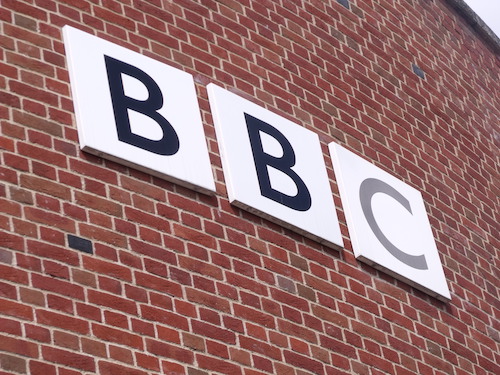The UK’s exit from the European Union opened a new era of liberty by empowering the British people to control their own destiny. However, state monopolies undermine their newfound autonomy by removing them from key decisions that affect their lives.
One of the foremost UK monopolies that has eroded consumer sovereignty is the BBC, argues Rev. Richard Turnbull in a new essay for the Acton Institute’s Religion & Liberty Transatlantic website.
Rev. Turnbull – who is both ordained in the Church of England and the director of the Centre for Enterprise, Markets, and Ethics in Oxford – notes that the BBC’s chairman recently claimed British culture would be adversely affected if the government ceased to collect its mandatory license fee. Failure to pay the fee, which costs about $200 (U.S.), can lead to jail time.
But surveys show that 76 percent of British citizens aged 16 to 24 do not watch the BBC’s iPlayer at all. And the network frequently does not share the values of those who do watch.
Rev. Turnbull writes:
The BBC is simply incapable of contemplating the idea that ordinary working people, who live away from the centres of power, prefer freedom to socialism. The BBC defines culture as the values of the metropolitan elites, knowledge as the conventional wisdom of academics and intelligentsia, and creativity as the exclusive preserve of London insiders destroyed by the Referendum and the last election. Any values that conflict with these are branded as low-brow “populism.” Needless to say, faith is chief among the values rejected.
Rev. Turnbull spoke at the Acton Institute this afternoon on “Poverty relief: the rise and fall of the voluntary principle.” Watch his full talk below:

